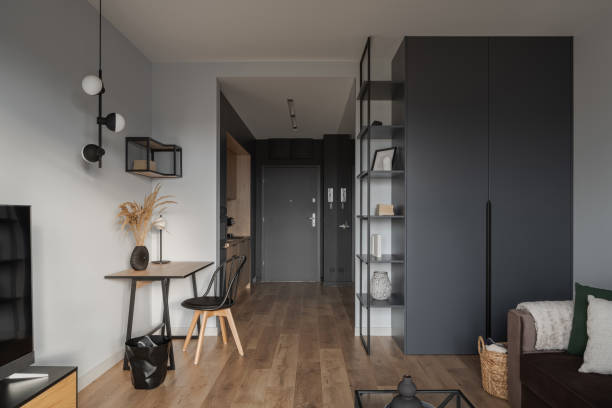There are several types of windows commonly used in buildings, each with its own features, advantages, and disadvantages. Here are some of the most common types:
1. Single Hung Windows
These windows have two sashes, but only the bottom one is movable.
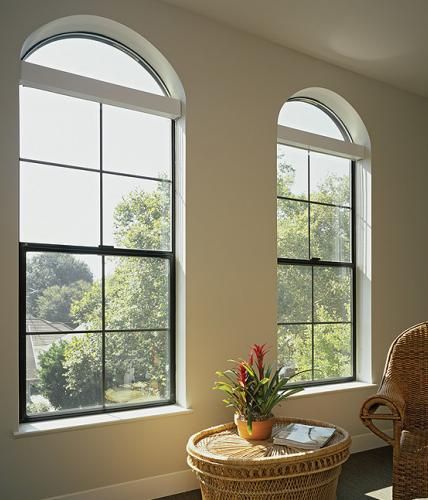
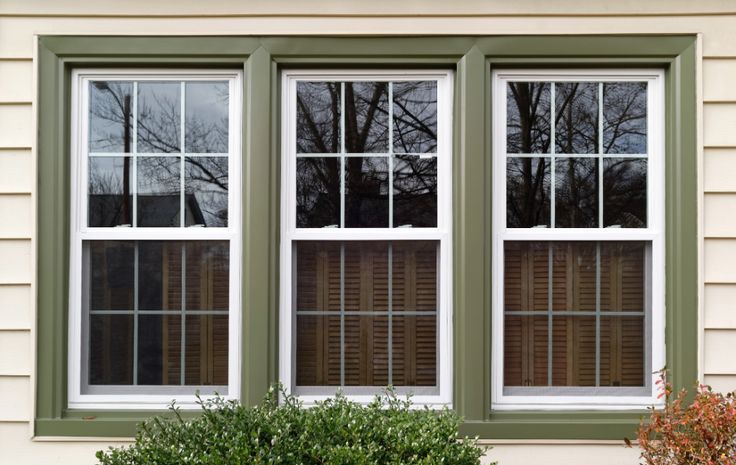
2. Casement Windows
These windows are hinged on one side and open outward with a crank or lever mechanism. They provide good ventilation and a tight seal when closed.

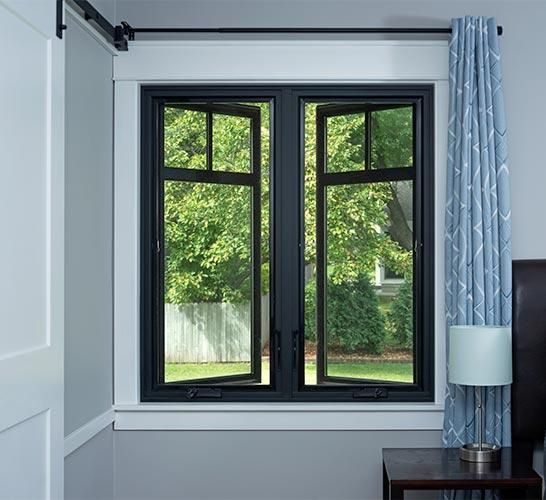
3. Awning Windows
Similar to casement windows, but hinged at the top and opening outward from the bottom. They are often used in combination with other window types or positioned higher on walls for privacy and ventilation.
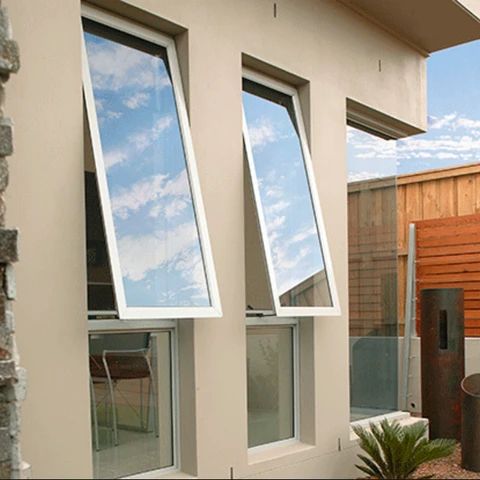
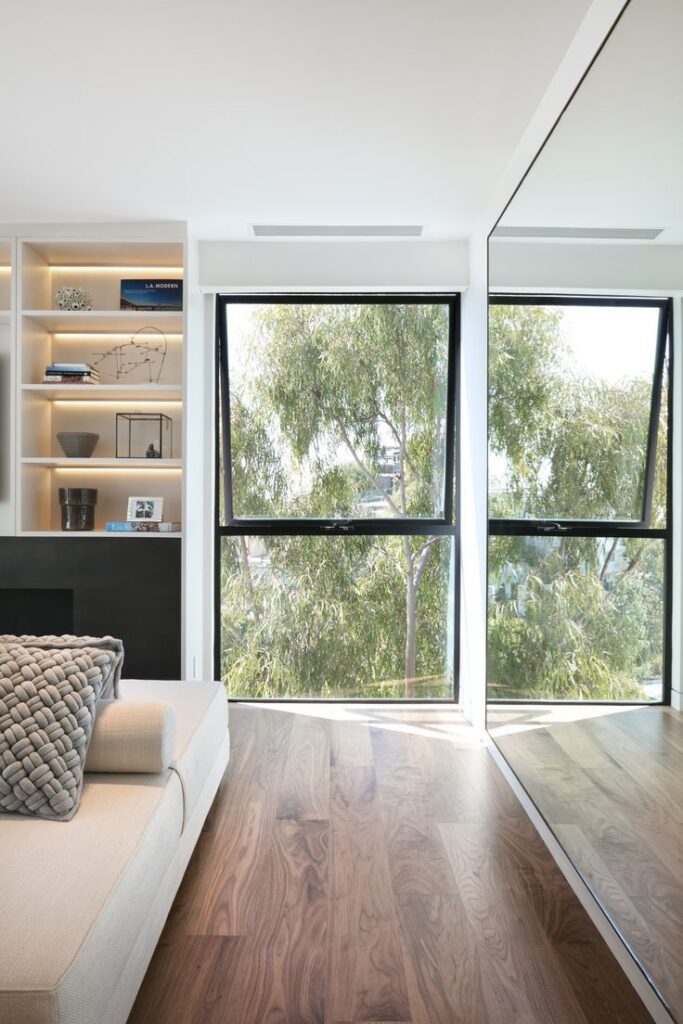
4. Sliding Windows (or Gliding Windows)
These windows have panels that slide horizontally past each other. They are space-saving and easy to operate.
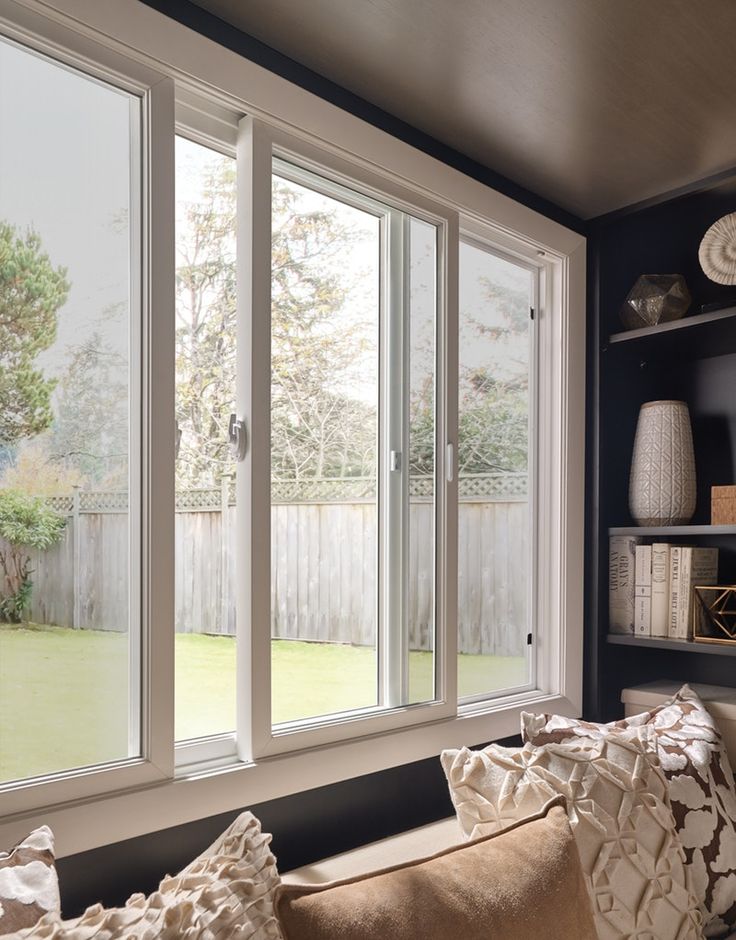
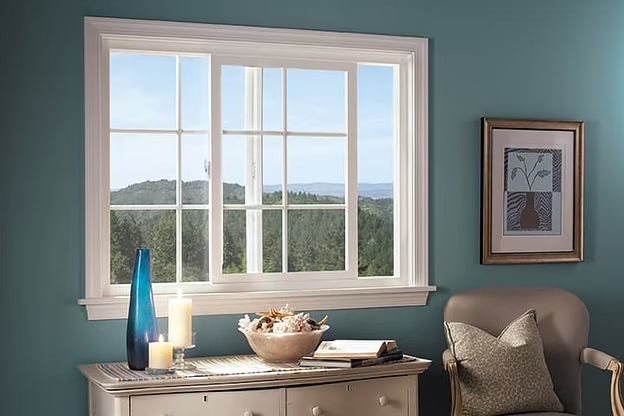
5. Fixed Windows
Also known as picture windows, these windows cannot be opened. They are typically used to provide unobstructed views and natural light.
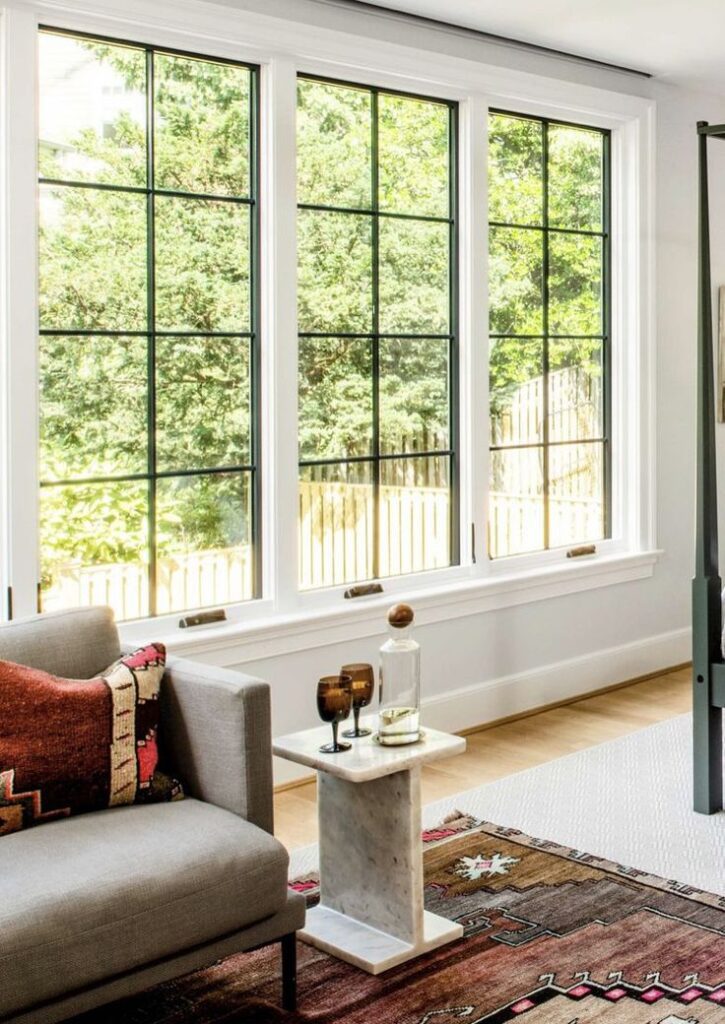
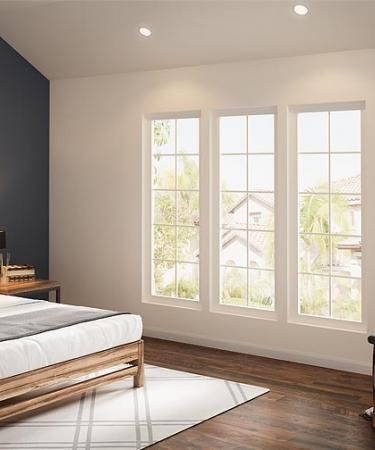
6. Bay Windows
These windows protrude outward from the exterior wall, typically forming a small nook inside the room. They consist of a large central pane flanked by smaller side panes at angles.
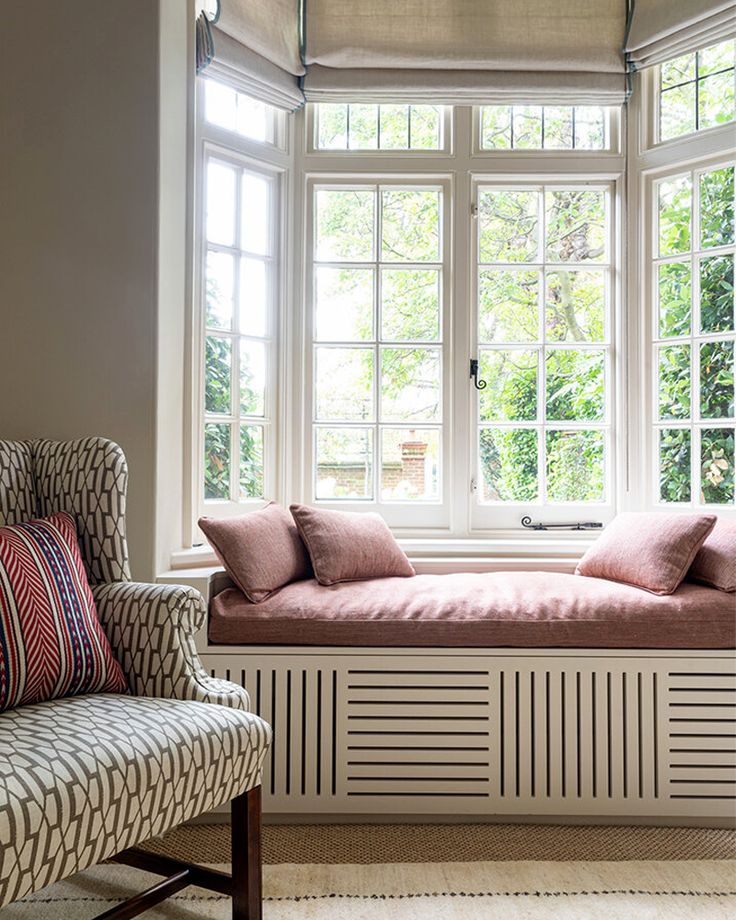
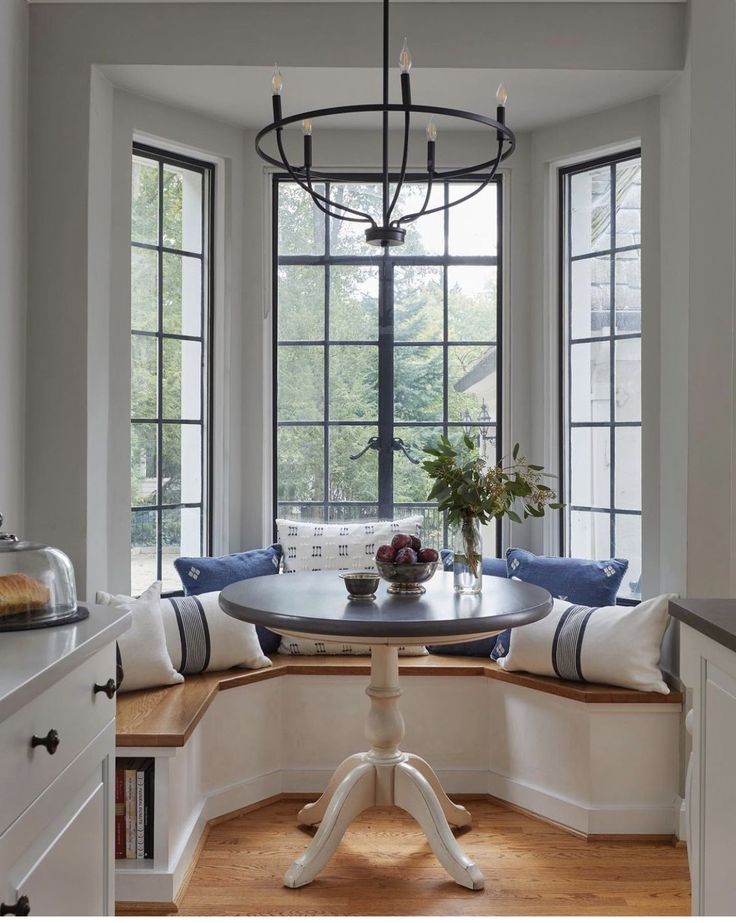
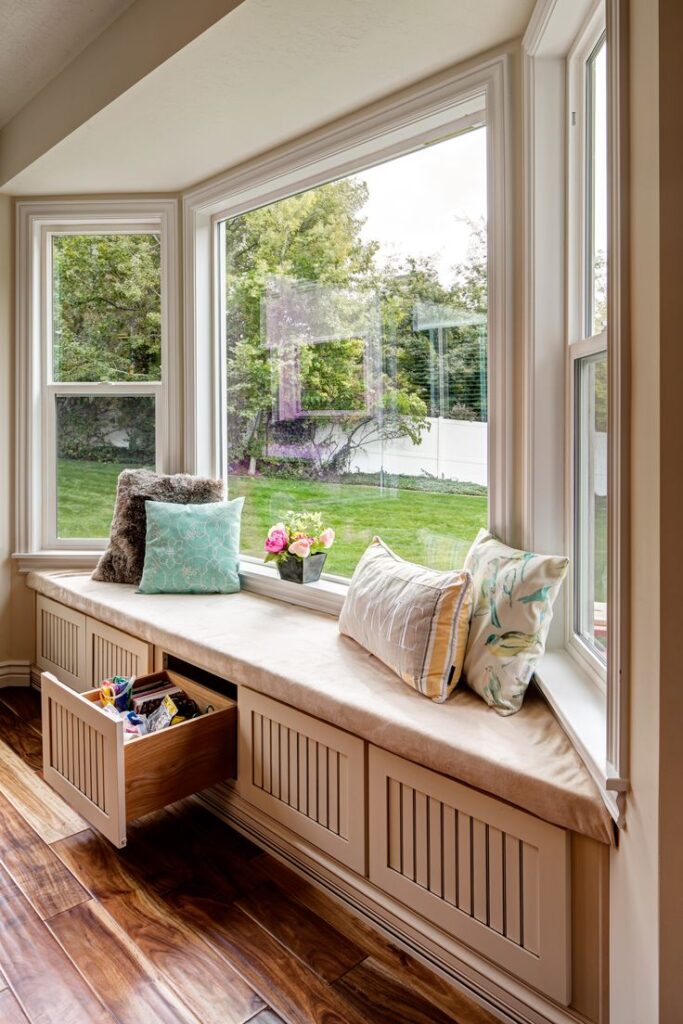
7. Bow Windows
Similar to bay windows but with a curved structure, providing a smoother, rounded appearance.
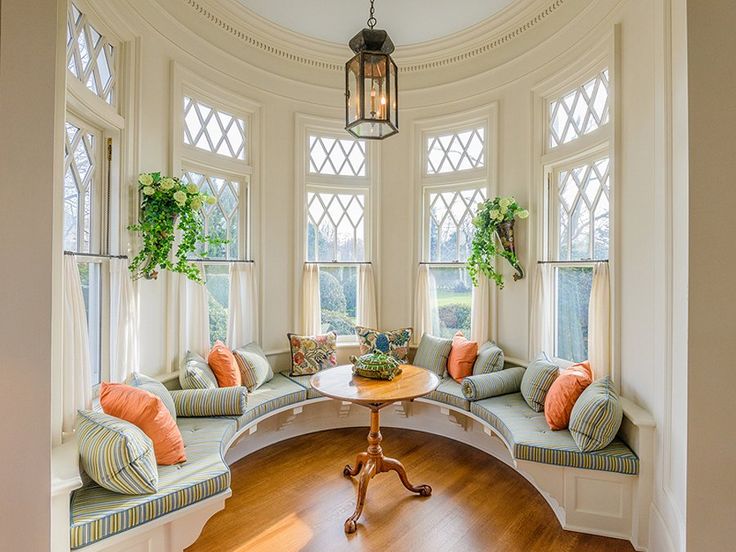
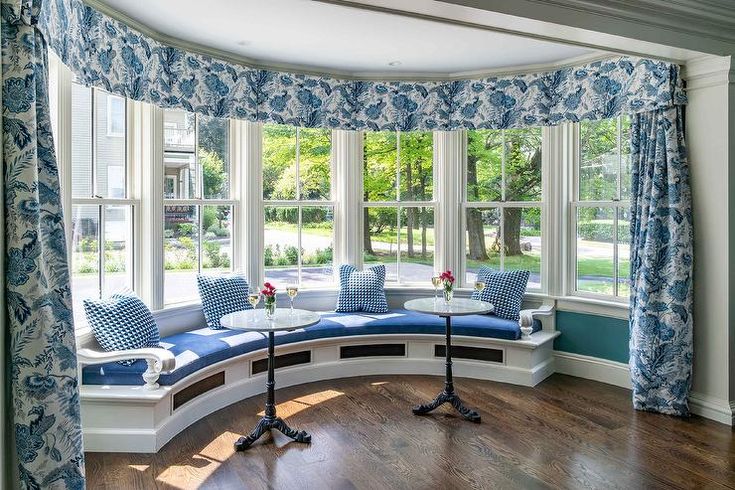
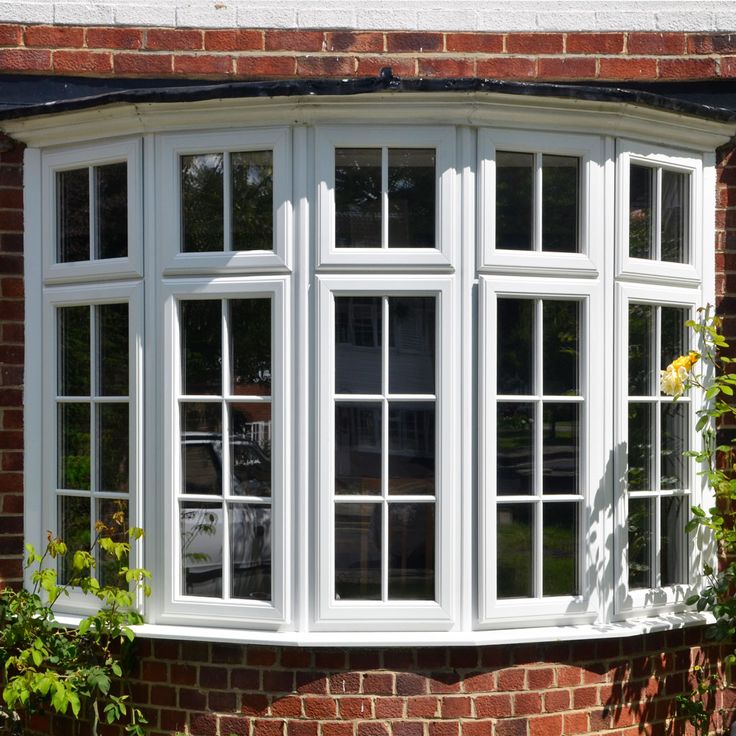
8. Skylight Windows
Installed in the roof or ceiling, skylights allow natural light to enter from above. They are ideal for rooms with limited wall space or for adding light to areas like attics and stairwells.
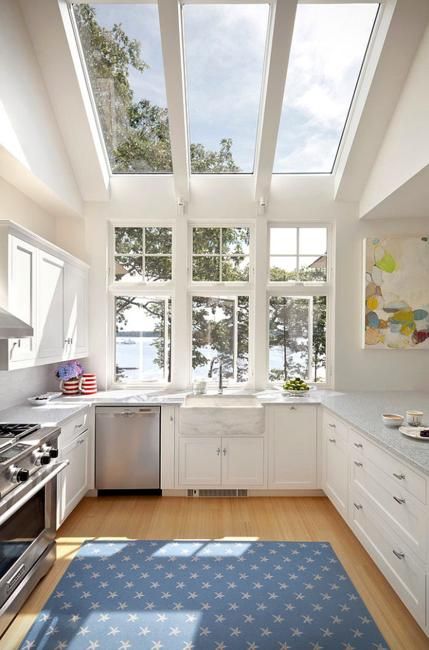
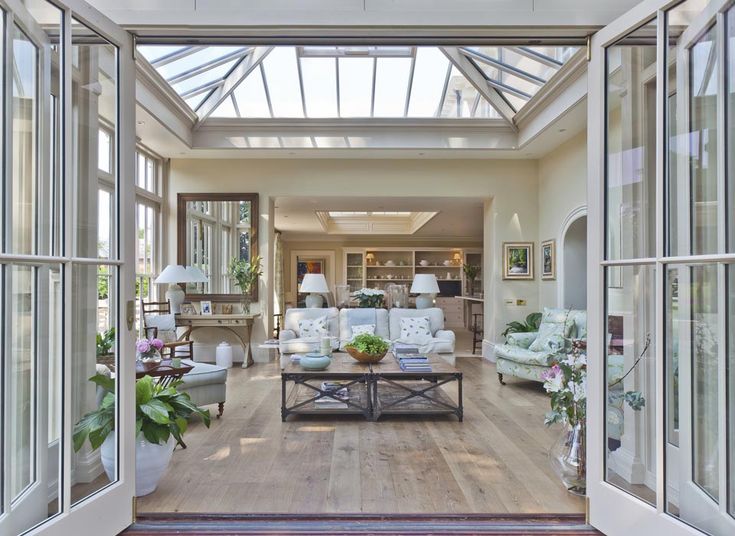
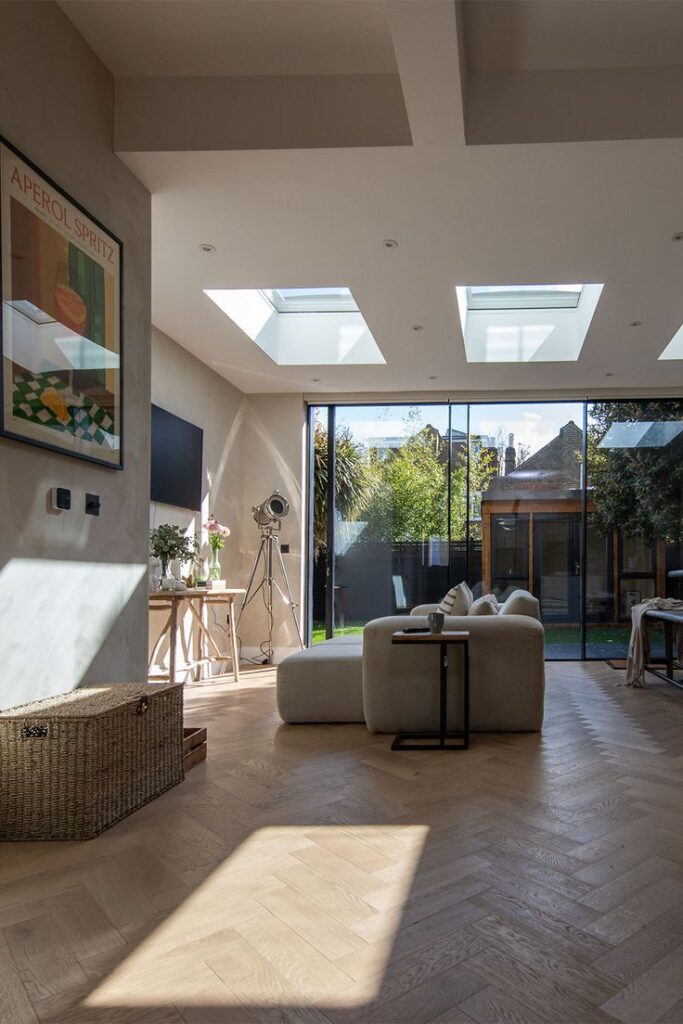
9. Transom Windows
These small windows are positioned above doors or other windows to let in extra light or for decorative purposes.
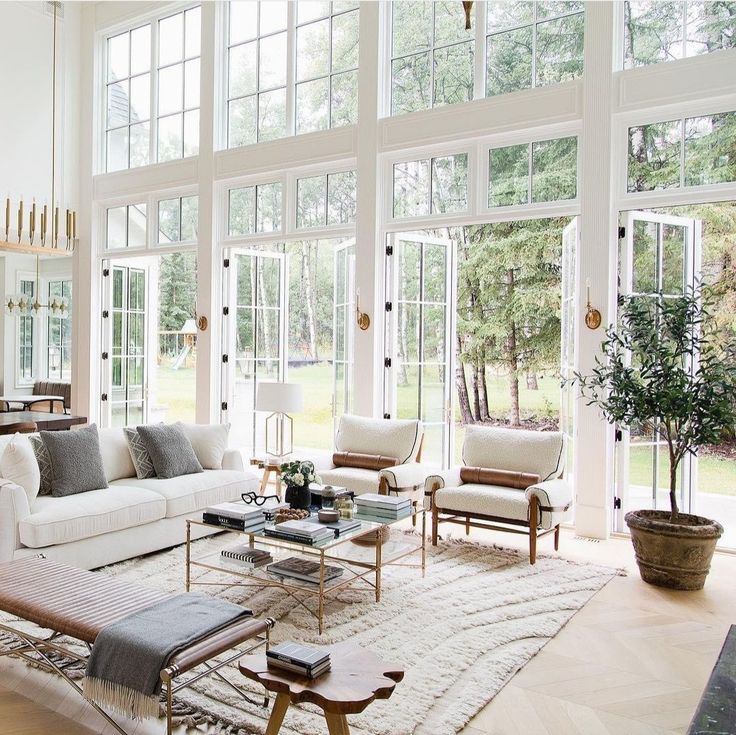
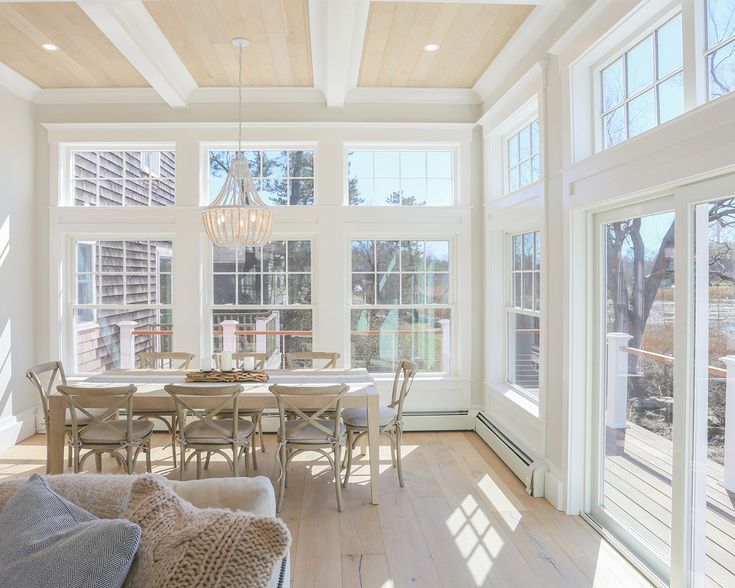
10. Jalousie Windows
Consisting of parallel glass, acrylic, or wooden louvers set in a metal frame, jalousie windows are opened and closed by a hand crank or lever to control airflow.
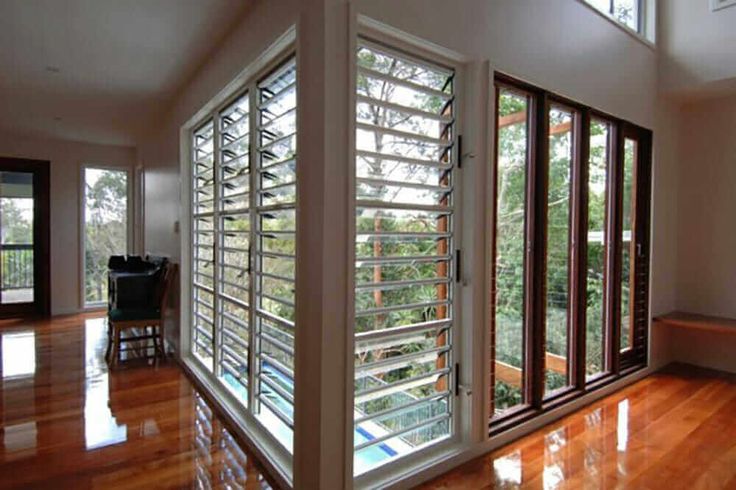

11. Clerestory Windows
Positioned high on walls, these windows let in natural light while maintaining privacy. They are commonly used in commercial buildings and churches.
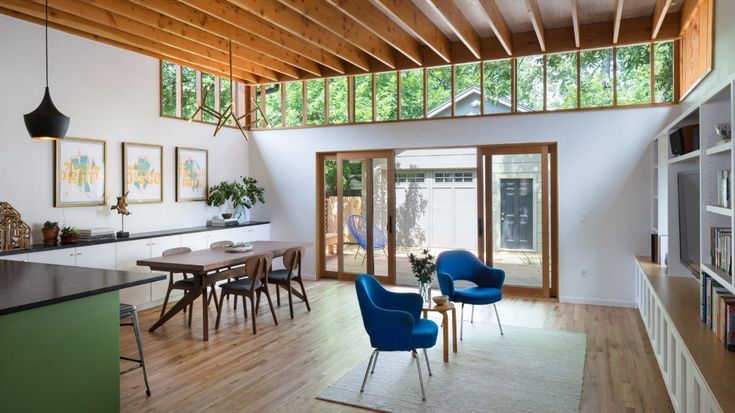
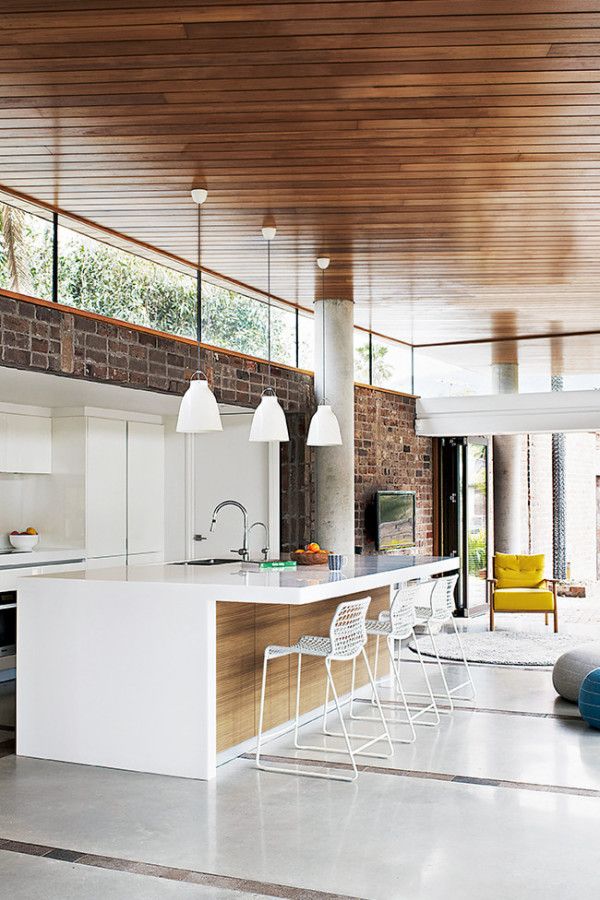
These are just some of the many types of windows available, each serving different purposes and aesthetic preferences.

